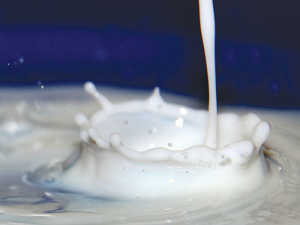OPINION: The Canadian government's love affair with its lifestyle dairy farmers has got it into trouble once again.
This time the Agriculture Ministers of New Zealand, Australia and the US are being asked by their respective dairy processing organisations to lean heavily on Canada to stop it selling its heavily subsidised dairy products on the world market, a move which is distorting and reducing returns to honest dairy producing countries such as NZ.
This is a significant move and shows Canada that it now has some formidable opponents.
The Canadian dairy industry is small by our standards; its average herd size is in the 80s. But as they say, empty vessels make the most noise and Canadian dairy vessels make the most noise and Canadian dairy farmers have long done that and captured the ear of successive politically fragile governments, to the extent that when the cow bells ring, the government goes head over heels to help.
This sort of behaviour is not limited to Canada. We have seen it in Europe too where farmers hold considerable political power.
However, Canada has always professed to be a free trader and signed up to the Comprehensive and Progressive Agreement for Trans-Pacific Partnership (CPTPP) which requires it to do just that. The problem is that when Canada signed up to the CPTPP they were being blatantly dishonest as it seems they were never going to stop indulging their lifestyle dairy farmers.
In doing this, Canada has gone from being a respected free trader and supporter of rules-based trade to being a born-again rogue protectionist colony - a very unstatesman-like action.
In theory, NZ and Canada should be friends and to be fair on most issues we are and will remain so. But their antiquated return to protectionism continues to sour that relationship.


















